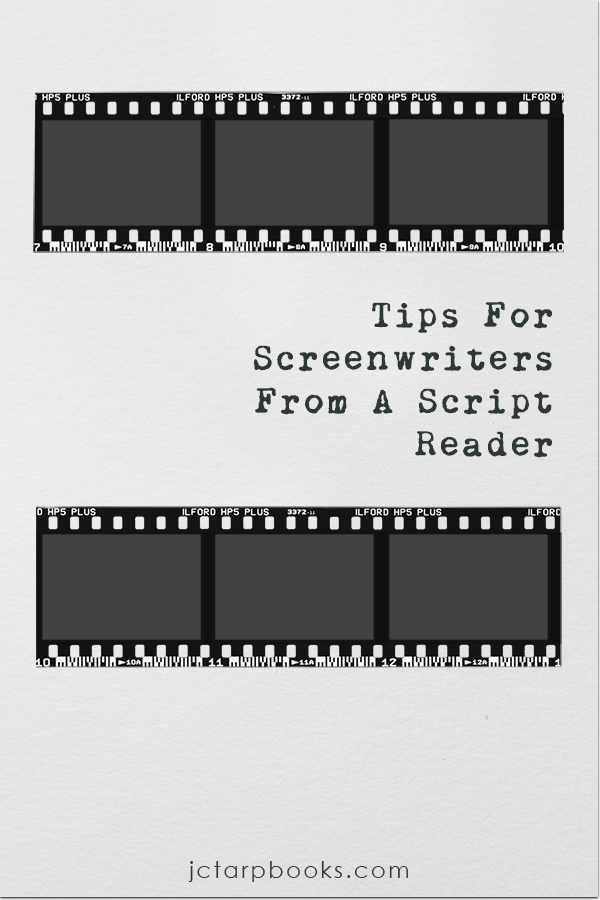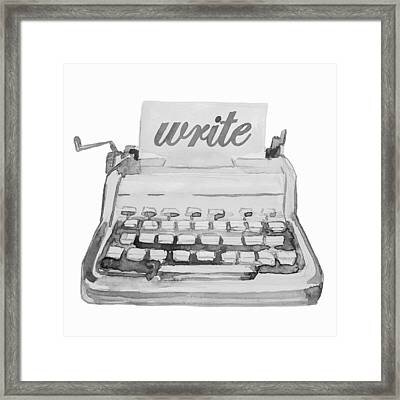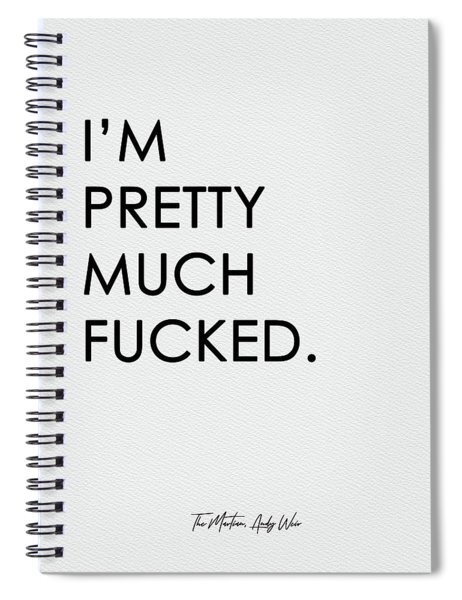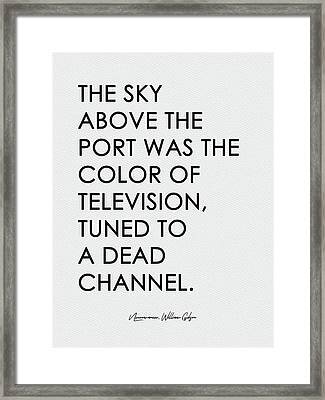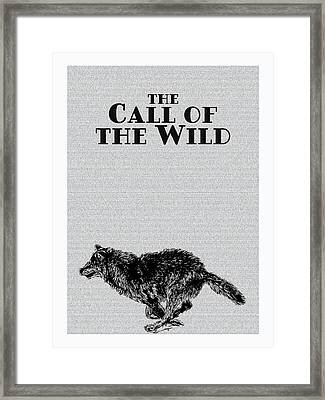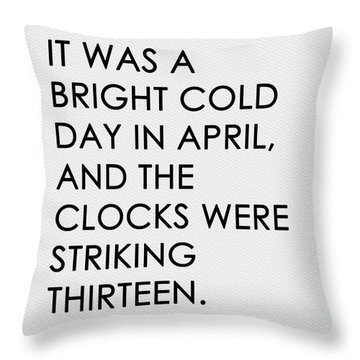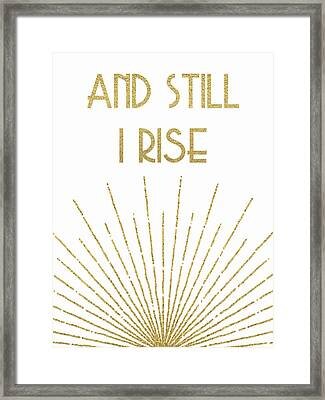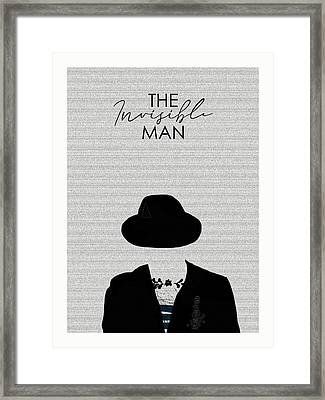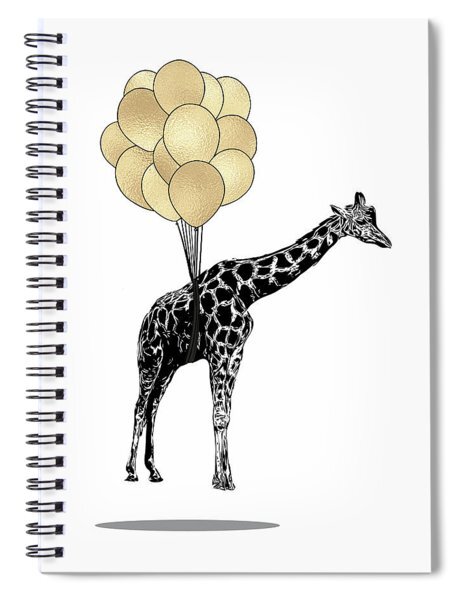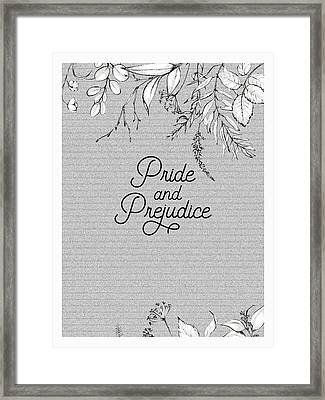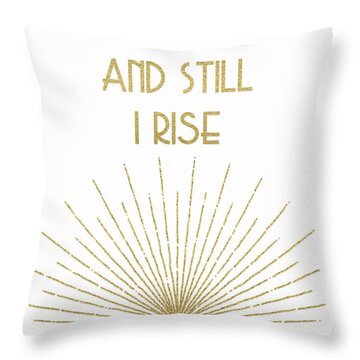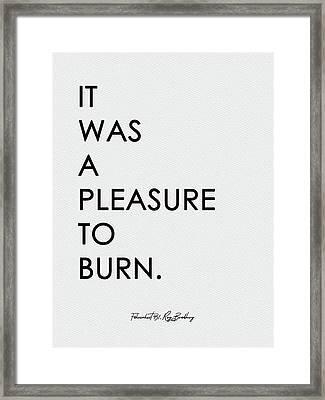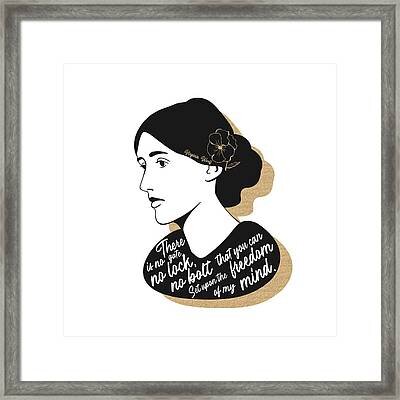Tips For New Screenwriters From A Script Reader
When I was just starting out as a screenwriter, something remarkable happened that, after having been in this industry for almost two decades, was and is so out of the norm it could’ve been conjured up by David Lynch.
I had completed my second spec script ever and had begun the arduous process of querying agencies and production companies after having done well in several competitions. This was around the time when you sent your queries by mail. Like, snail mail. Postage stamps and, good lawd, the envelopes and card stock and brads were everywhere. Email was just becoming an alternative option yet still not the industry-wide preferred method. If there’s one thing in Hollywood that’s true; it’s that change comes slower than the rhymes in a late-80s rap song.
Rebel that I am, I took a chance and emailed a few of my queries. It was a tiny fraction of what I sent out but, I received almost 75% requests for the script from those emails. And they came almost immediately. I thought I was brilliant. I knew my script was a winner. I knew it would be requested. I high-fived myself repeatedly. I missed, mostly, but whatever. I was on my way.
I submitted the scripts as requested and waited.
And waited.
Received an offer for an option but they wanted to change the entire script even though it was a true story.
Waited some more.
Beat my head against the wall.
Played computer solitaire a lot.
Gave long-distance running a try.
Gave up long-distance running after I got winded on the way to the mailbox.
Then, one night I received a phone call. It was a producer whose company had requested my script. A big-time producer. Like, this guy has way better things to do on a random Wednesday evening – such as open a movie with hundreds of millions of dollars in receipts – than call some spec writer. This must be it, I thought. Almost as soon it came, that thought flew right out the window as he began speaking. The script - the story - wasn’t right for them, you see. It’s not the kind of thing they do. And if I’m being honest, he was right but, you know, disappointment.
So why did this guy take the time to call me at home just to tell me he was passing? Dude, shoot me back an email so I can cry into my whiskey while I read it.
What this man did, which took no longer than twenty minutes of his time, gave me exactly what I needed to hear, invigorated me, told me I was on the right path, to keep going, and has stayed with me to this day and every day that I feel discouraged. Which, we all know as writers, is a lot. He told me that I was a great writer. That I had talent. That he would love to see anything I wrote in the future that was more in-line with what his company produced.
Then told me to buy screenwriting software.
Apparently, while the script was indeed a drama, had it been formatted correctly, the runtime would’ve been, like, four hours long. Oops. Not a great first impression, right? A giant neon sticky note was attached to all those scripts I sent out that said I was a newbie and/or I couldn’t be bothered to do things to standard. Yikes.
I was totally that ‘The Simpsons’ meme, cursing the Internet and all the screenwriting and formatting books I’d devoured. There was growling. I bought Final Draft the next day.
He didn’t need to use his valuable time to call someone about a script that wasn’t right for his company, but he did it anyway. He probably didn’t think another thing about it after he hung up the phone, but I did.
That’s why I do what I do. I will always be a writer and storyteller first and foremost. However, I became a reader and editor not only because it’s what I love to do and am skilled at, but so I can pay it forward. I’m on the side of the writer. It takes guts and it takes time and it takes vulnerability to sit down and write something from your imagination to share with the world and then to actually share it. To say, “This is my story, my vision, my best work; have a look.” It’s beyond brave.
With that in mind, I can usually tell if a screenplay is going to be good by the first ten pages (sometimes less). Here are a few tips that will help you not look like a newbie to a reader, agent, producer, or random assistant who is assigned stacks and stacks of scripts to go through. These people read scripts all day every day; stand out in the right way. Don’t give them a reason to toss your screenplay on the “Pass Pile” before they even get to the end.
SCRIPT LENGTH
Scripts should be between 90 and 120 pages long as a standard. Each page represents a minute on the screen so that’s 1-1/2 to 2 hours runtime. Sure, some are longer, but think about the studio or director or screenwriter they came from – they’re proven and have the credits and awards and receipts to show for it. You want your movie on the big screen? Well, studio and theater owners want it to be two hours or less so they can get as many screenings in as possible.
You want to show your skill as a writer. That you are dependable to write an engaging screenplay within industry constraints. Your story will be on target for structure, pace, flow, and, in addition, is a good gauge to self-edit by.
If you think, Oh but mine needs those extra 50 pages. It doesn’t. Set your ego aside before it gets crushed. They have to read it before they can love it. If someone offers you an option or a purchase for it, you could certainly add your suggestions for additional scenes or story at that time. Let’s get you there first.
DIRECTORIAL SHOTS
You are the writer, not an actor. You are the writer, not the director. Of course you have a vision for how you see certain scenes or what an actor might evoke or thoughts on portrayal or movement. But a spec script is not a shooting script. So, no “CUT TO:” or camera angles or actor direction. If you’ve written a nuanced script, the reader should envision these on their own. Tell your story.
THE FIRST FIVE PAGES
EDITING
Professional readers and editors know there are commonalities and correlations in every well-written screenplay - things we’ve run across time after time which become standards. We spot the differences almost immediately if not adhered to. This can turn some readers off right from the start.
First and foremost, make sure you have edited your script. Formatting, spelling, grammar, and punctuation mistakes are careless and while you may think you have done everything correctly (remember my story), there are probably issues that still need to be addressed or things that were simply overlooked. As a reader, if they see a script submitted that didn’t even bother to hit spell check, they’ll have to wonder why they should bother to read it and think you aren’t taking this seriously.
And never use a different font than Courier 12 point. Don’t use 11 point so you can get a little more stuff into the page count. They’ll know. Don’t do it.
WHITE SPACE
We like to see a lot of white space. Meaning, when that title page is turned, if there are huge chunks of text or dialogue, it appears overwritten and indulgent. I struggled with this before I found my style. In prose, you want to be as descriptive as possible and flowery and show thoughts and feelings but, in a screenplay, you can’t. You are writing what is shown on the screen. Full stop. The audience can’t know what Karen feels or thinks, you must show them. Don’t bog down your story and take up valuable page space with elements that don’t belong in a script in the first place. If you have a huge chunk of action, break it up into smaller ones.
Dialogue is another aspect to keep short. If you’ve written a monologue that is pages and pages long, look at it. Is this exposition? Could or should you be showing this through dramatic delivery instead?
START YOUR STORY
On page one, start your story. Try to stay away from flashbacks or dreams or V.O. narration that describes the entire backstory. I mean, unless you have Morgan Freeman attached already. We shouldn’t have to be brought up to speed, we should be in it. If you feel you need these elements or tropes, sprinkle them throughout the story. Very few scripts that begin this way work well.
ENTERTAIN ME, DAMNIT
I mean, that’s what movies are supposed to do, right? Entertain? Give your reader something to sink their teeth into. Pique their interest by making sure you have something interesting in those first five pages. What can they expect from the rest of it? Give them something to engage with your story and script. Make them laugh, make them cringe, make them long to be in the world you’ve built. These are your moments to hook them and therefore, your audience.
CONNECTION
The easiest way to connect to a reader or audience is on a personal level. Introduce us to your protagonist. Let us get to know him or her a little bit. They are what is driving the story. Make us care about them, like (or hate) them, or get a glimpse of what their goal is.
THE FIRST TEN PAGES
PREMISE
We should know exactly what the premise of the story is by page ten. This is your foundation – the underlying idea that supports your plot - and everything moving forward branches off from the here. Let the reader know what it’s about.
PROTAGONIST + NEED + CONFLICT/RESISTANCE/ANTAGONIST + ACTION
Who is the main character?
What do they need? This is their driving factor, their motivation.
Who or what stands in their way of achieving this goal? (Including the main character themselves.)
What is the protagonist going to do to achieve his or her goal? How far will they go? Will they give up when the stakes are high? Are they someone an audience can root for?
If you can boil it down to a sentence or two, now you have your logline.
ACTION
The story needs to do something. No characters sitting in a restaurant talking. No having your protagonist wake up or do mundane things. Don’t bore the reader. Get the story moving. Force them to become invested in the characters, the world the story is in, the adventure they’re about to go on. Make stuff happen.
Don’t give your script reader a single reason to lose focus or interest in your story. If you stick to these tips when you’re writing; you’re sure to engage them at “Fade In:”


